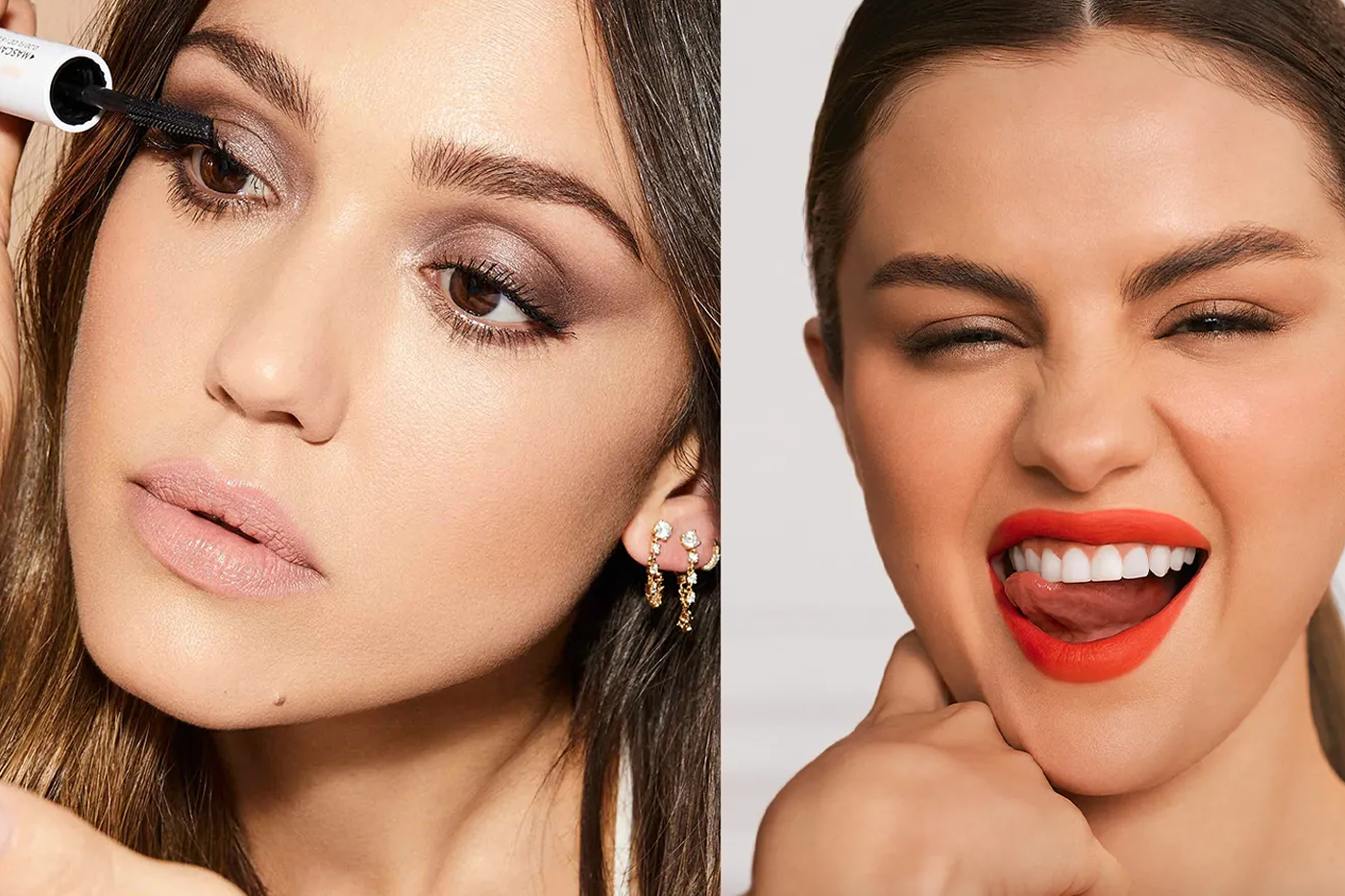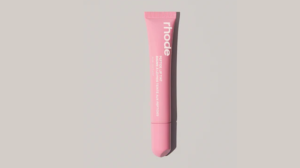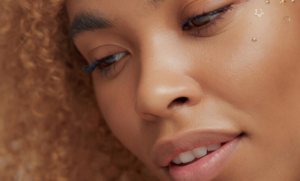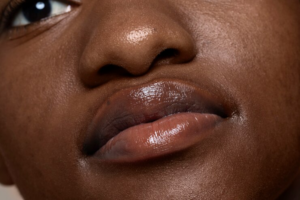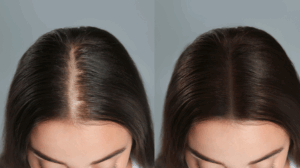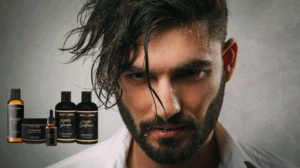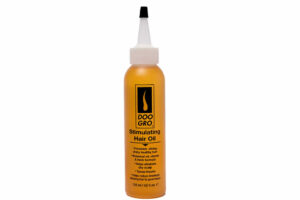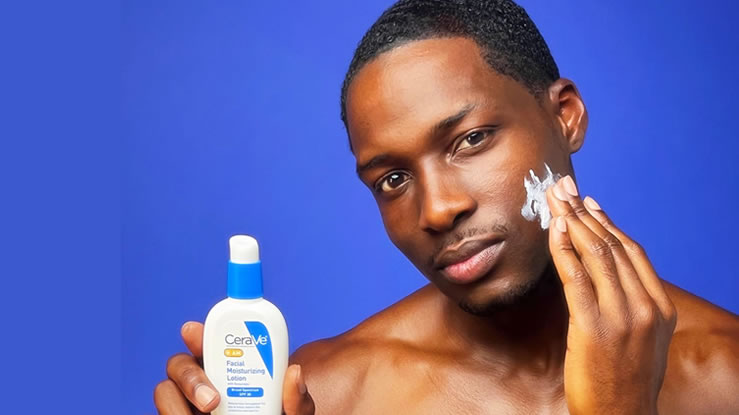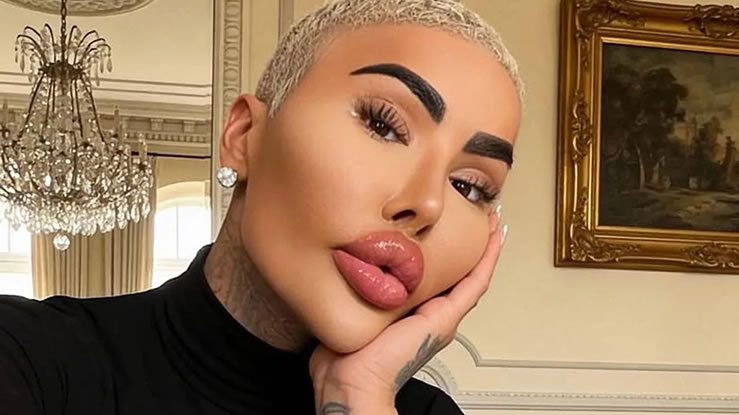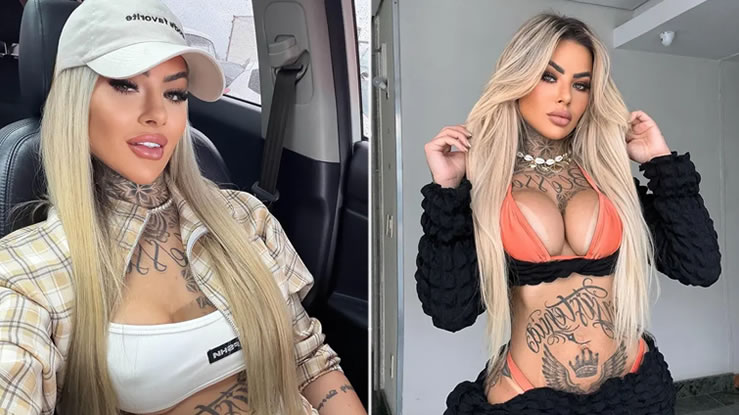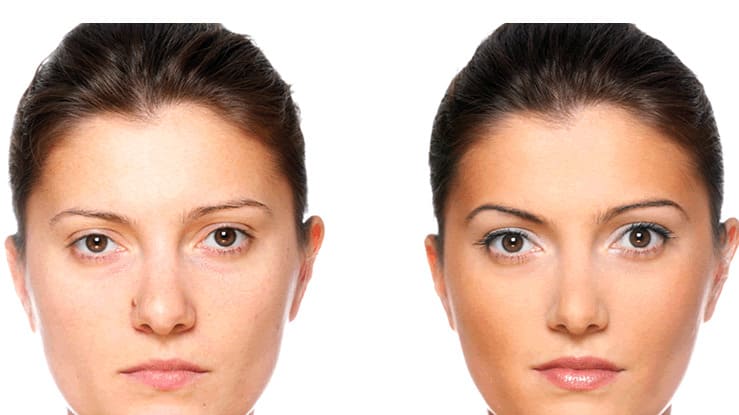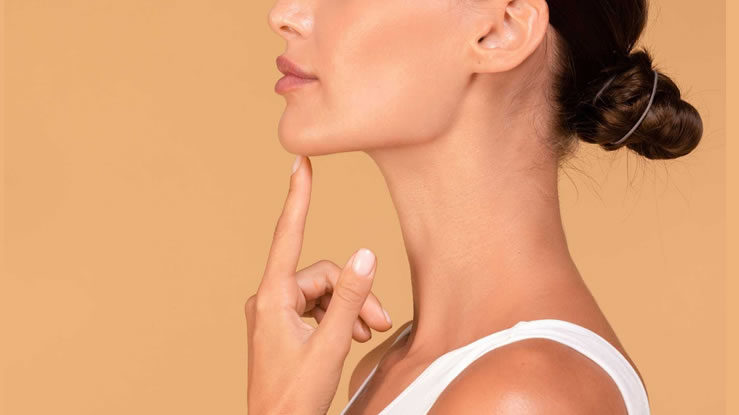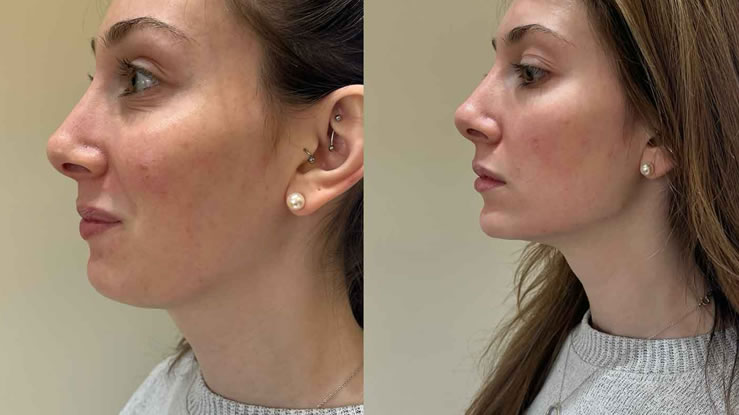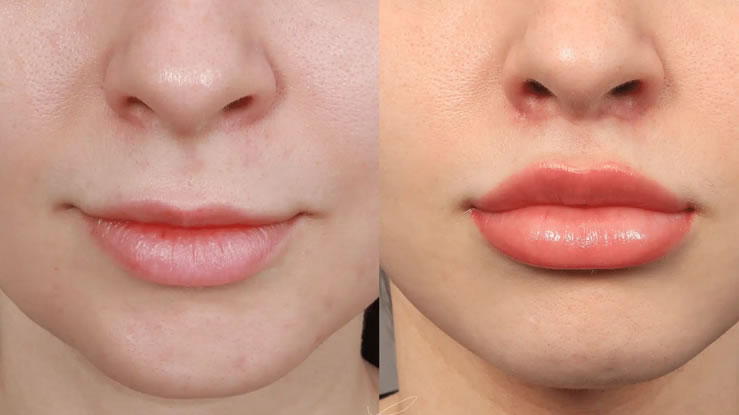Celebrity endorsements have long been a powerful marketing tool for brands across various industries, including fashion, beauty, food, and technology. The influence celebrities have on consumer behavior and brand perception is undeniable. But how exactly do celebrity endorsements impact the way people perceive brands, and what are the key factors driving this effect? Let’s dive into the impact of celebrity endorsements on brand perception and why they can make or break a brand’s reputation.
Increased Trust and Credibility
One of the most significant effects of celebrity endorsements is the increase in trust and credibility that they bring to a brand. Consumers often look up to celebrities, and their endorsement signals that the product or service is high-quality or worth trying. The endorsement of a well-known public figure can make a brand seem more credible, especially if the celebrity has a positive reputation.
- Example: When actress Jennifer Aniston became the face of Aveeno, it helped the skincare brand increase its credibility due to her status as a well-respected and authentic public figure. Consumers trusted the brand more because of her association with it.
Emotional Connection with Consumers
Celebrities can create an emotional connection between the brand and consumers. When a beloved or admired celebrity endorses a product, fans of that celebrity may feel a personal connection to the product, leading them to purchase it. This emotional association can also result in brand loyalty, with consumers becoming long-term customers simply because of the endorsement.
- Example: Kylie Jenner’s massive influence on social media has contributed to the incredible success of Kylie Cosmetics. Her fans feel a personal connection with her, and by purchasing her products, they feel like they are part of her world.
Influence on Brand Awareness
Celebrity endorsements can drastically increase a brand’s visibility. When a well-known figure promotes a product, it reaches a broader audience, including the celebrity’s fan base. This boost in awareness can be crucial for smaller or emerging brands looking to enter a competitive market.
- Example: When Beyoncé partnered with Pepsi for a global campaign, the beverage company’s brand awareness skyrocketed across different demographics. Pepsi became more associated with pop culture and music, appealing to a younger audience.
Shaping Brand Image
The celebrities a brand chooses to work with can shape the brand’s image. Brands that align with the right celebrity can convey specific values or lifestyles, whether it’s luxury, athleticism, beauty, or sustainability. A well-chosen celebrity endorser can reinforce or even redefine a brand’s identity in the eyes of consumers.
- Example: Nike has famously partnered with athletes like Michael Jordan, Serena Williams, and Cristiano Ronaldo. These endorsements have cemented Nike’s image as a brand associated with high performance, ambition, and success.
Potential Risks of Celebrity Endorsement
While celebrity endorsements can have many positive effects, they can also pose risks to a brand’s perception. If a celebrity’s reputation is tarnished by scandal or controversy, it can negatively affect the brand they endorse. Consumers may associate the brand with the negative behaviors or attitudes of the celebrity, leading to a drop in sales or trust.
- Example: When Tiger Woods was involved in a public scandal, several of his endorsement deals, including those with brands like Gatorade and Accenture, were terminated. The controversy affected how consumers viewed these brands, leading them to distance themselves from the golfer.
Celebrity-Brand Fit Matters
For an endorsement to be successful, there must be a strong alignment between the celebrity and the brand. Consumers are savvy and can detect when a celebrity is genuinely a fan of a product versus when they are endorsing something purely for the paycheck. When there is a good match between the celebrity’s image and the brand’s values, it enhances brand perception.
- Example: Rihanna’s partnership with Fenty Beauty is a perfect example of a celebrity-brand fit. As a celebrity who is known for her bold fashion and beauty choices, Rihanna’s involvement in the creation of Fenty Beauty, with its focus on inclusivity and diversity, made the brand instantly credible and successful.
Social Media Amplifies the Impact
The rise of social media has amplified the effect of celebrity endorsements. Platforms like Instagram, TikTok, and Twitter give celebrities the power to instantly connect with millions of followers, allowing them to endorse products in real-time and with a personal touch. This immediacy can lead to a faster and more widespread impact on brand perception.
- Example: When Kim Kardashian posts about her favorite skincare or makeup products on Instagram, the effect is almost instantaneous. Her endorsement often leads to products selling out within hours, highlighting the incredible influence of social media endorsements.
The Power and Perils of Celebrity Endorsements
Celebrity endorsements are a double-edged sword. They can significantly elevate a brand’s image, boost awareness, and foster emotional connections with consumers. However, if not handled correctly or if the celebrity becomes embroiled in controversy, they can harm the brand’s reputation. Brands must carefully select celebrities who align with their values and goals to maximize the positive impact of endorsements.

